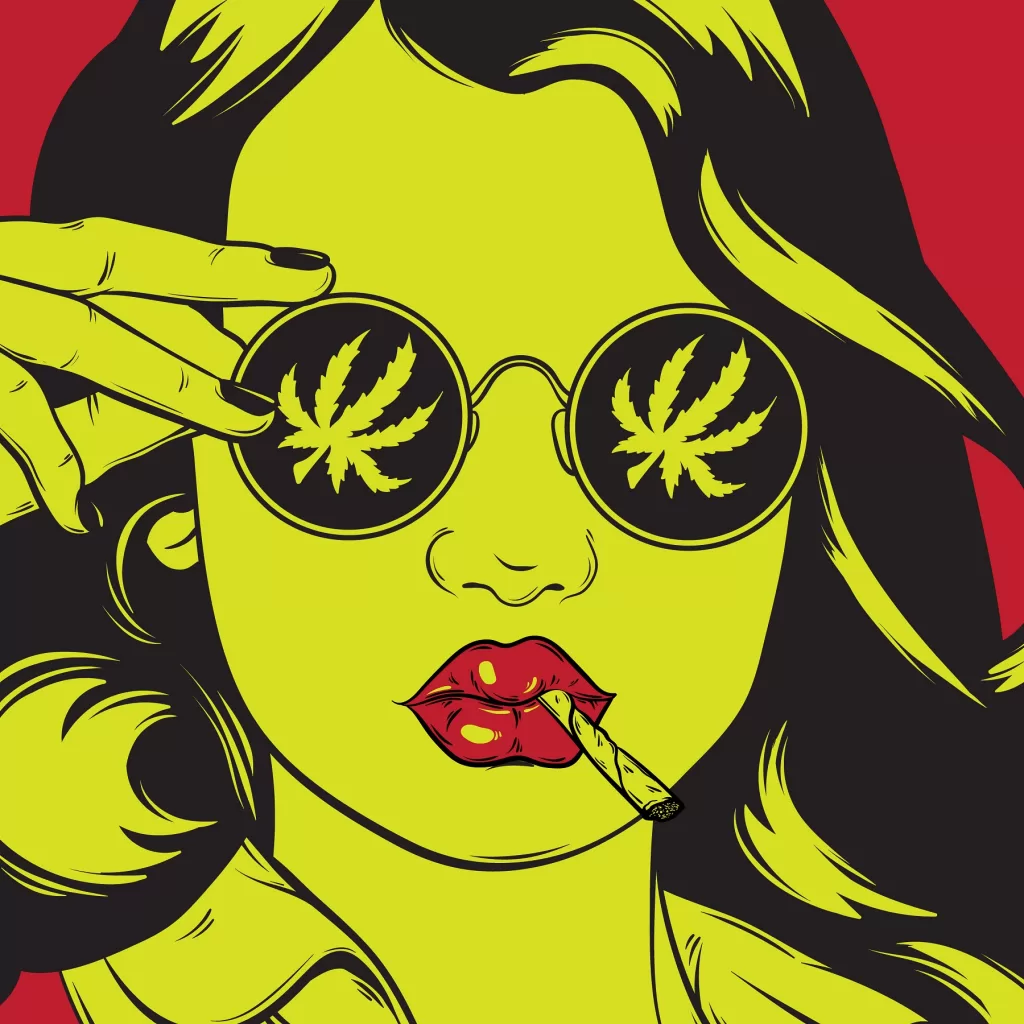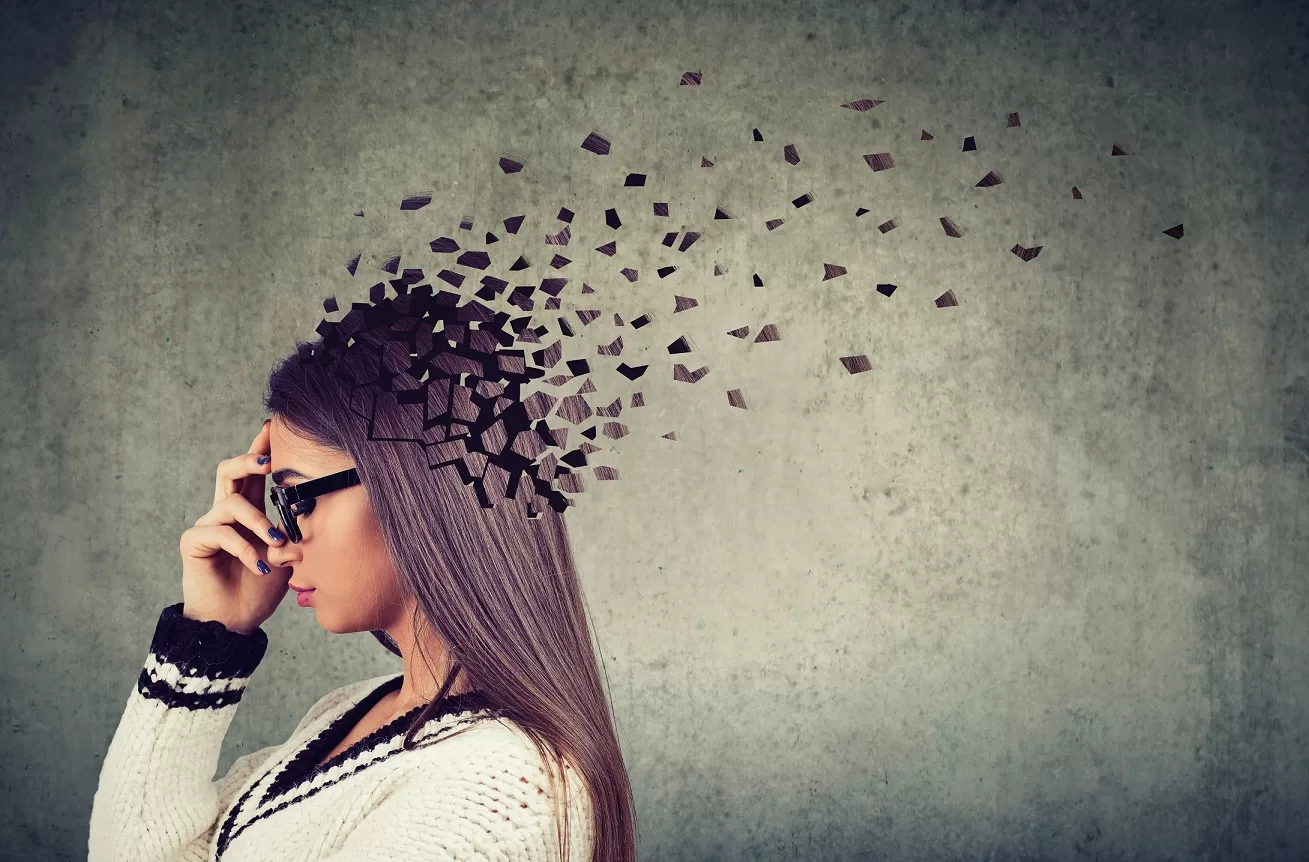Is There a Link Between Marijuana and Schizophrenia?

In India, 31 million people use cannabis across the country. Five per cent of Indian men had a prevalence of cannabis use during the survey period.
Cannabis, in the forms of ‘bhang‘ and ‘charas‘, has been used since ancient times. It is associated with Hindu rituals, festivals, and gods (Shiva).
Teenagers are increasingly experimenting with marijuana, which is perceived as a ‘harmless’ drug. But several cases of marijuana-induced psychosis and other mental illnesses have been reported at Hope Trust.
Marijuana and Schizophrenia
According to a new study, schizophrenia is becoming more common in people who use marijuana.
In 1995, cannabis use disorder was associated with 2% of all schizophrenia diagnoses in the United States. It rose to roughly 4% in 2000. The report shows that the figure has increased to 8% since 2010.
According to a new Danish study, the proportion of schizophrenia diagnoses associated with problematic marijuana usage has grown over the last 25 years.
“I believe it is critical to use both our study and other studies to highlight and underscore that cannabis use is not innocuous,” said Carsten Hjorthj, one of the study’s authors.
Unfortunately, data suggests that cannabis is increasingly regarded as a relatively harmless substance. “This is problematic because there are correlations to schizophrenia, decreased cognitive function, and substance use disorders.”
According to one study, cannabis use is associated with suicidal thoughts, plans, and attempts among young adults.
The previous study revealed that cannabis users are more likely to develop schizophrenia and that this link is aggravated by heavy drug use. Many experts believe cannabis use contributes to the disease, interacting with other risk factors.
Similar patterns in areas where problematic cannabis usage or cannabis potency has increased, numerous studies indicate that cannabis is likely the driver of the link with schizophrenia.
Tens of millions of people consume cannabis around the world. It is permitted in 19 US states and Canada for recreational usage. It is also approved to treat certain medical disorders in these and other countries.
The report says that cannabis use and cannabis use disorder are on the rise worldwide.
What exactly is marijuana addiction?
Cannabis (or marijuana) use disorder is typically defined as problematic cannabis use, which includes: developing a tolerance to weed;
- using cannabis in more significant amounts or for a more extended period than intended
- being unable to reduce the use
- spending a considerable amount of time obtaining, using, or recovering from the effects of cannabis
- ignoring essential activities and obligations in favour of cannabis
- and continuing to use the drug despite the negative consequences
Is there a rise in schizophrenia?
Schizophrenia is a chronic, severe, and incapacitating mental illness. Delusions, thinking disorders, and hallucinations are some of the symptoms. Schizophrenia affects 20 million people worldwide. Because there is no cure, doctors use drugs and treatments to treat the symptoms.
According to an analysis, a single joint has been related to transient mental symptoms.

The increase in the prevalence of schizophrenia and evidence of the link between cannabis and schizophrenia may offer a key to understanding the connection.
According to Terrie Moffitt, a King’s College London professor, the study looked at people with a clinical diagnosis of cannabis treatment disorder rather than people who used the drug in general.
“This study adds critical evidence that individuals with identified cannabis use disorder are more at risk for psychosis now than they used to be,” said Moffitt, who investigates the impact of cannabis use on the mental health of the baby boomer generation.
Moffitt says that most people who use cannabis, including those who are addicted, never go for therapy.
Seek support
Suppose you or anyone in your family is using marijuana, even for recreational use. In that case, it is better to seek help to stop before it causes a severe mental or social problem.
The treatment for psychosis or schizophrenia may include psychotherapy and medications, such as antipsychotic drugs. A psychiatrist is best suited for the purpose.
People may also seek therapy to assist them stop using cannabis. These could include:
- Cognitive behavioural therapy (CBT): CBT is a type of psychotherapy that teaches people how to identify and change harmful thought and behaviour patterns.
- Contingency management: This strategy entails evaluating the behaviour of the person working to change regularly and providing incentives or rewards for favourable adjustments.
- Motivational enhancement therapy: This therapy encourages people to use their internal resources to engage in treatment and make positive changes.
Call +91 90008 50001 or click here for an online or in-person appointment with a professional.